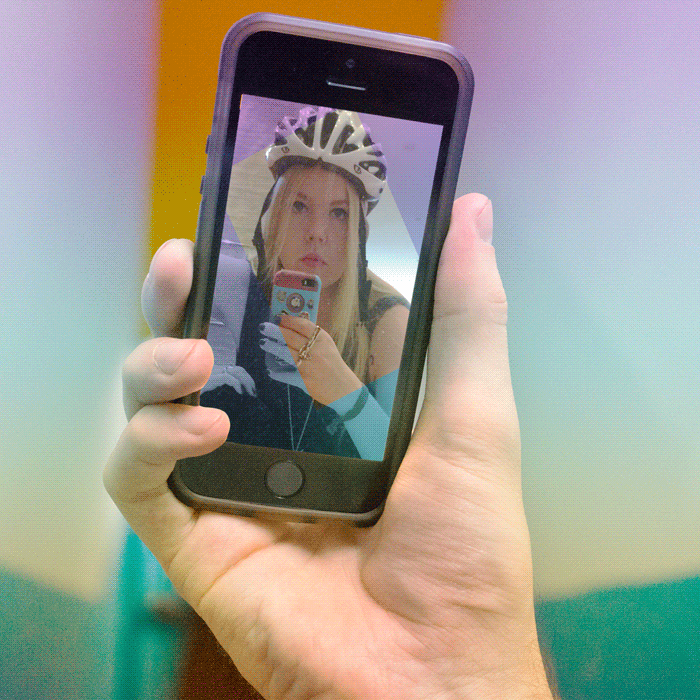How would your life be different if you were 30% more attractive?

Come on, clearly the right side of this chart with the upward-bound line should be the side with acne. This must have been done by one of those *sexy* chart-makers.
Of course, of COURSE I clicked on this Atlantic article about a study that says teens with acne do better in school. How could you not want science to tell you it was all worth it?
Mialon and Nesson found that having acne in high school was associated with a higher overall GPA—as well as a greater likelihood of earning an A in math, science, history and social studies, and English—and a higher chance of earning a bachelor’s degree. The academic differences between teens with skin problems and those without them weren’t dramatic, but they were statistically significant. For example, acne increases a student’s chances of getting an A in science by 1.8 percentage points.
Now that that’s settled, it did make me think back to my high school self. And college. And early professional self. And current self…
But no, the point was, I started to wonder what might have changed if I had been acne-free (or taller, stronger, thinner, etc). Which is a much more interesting, less scientific, line of inquiry.
